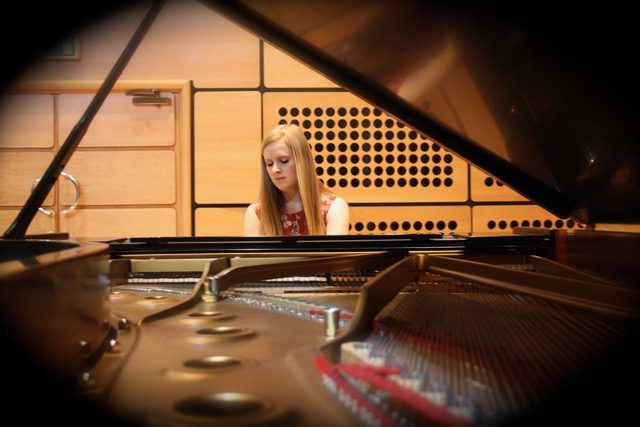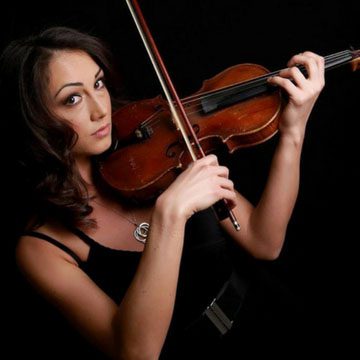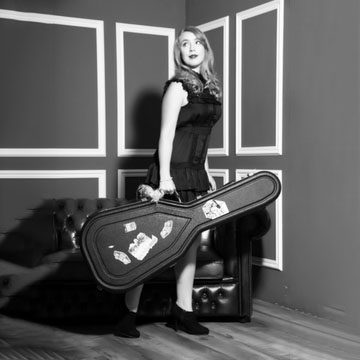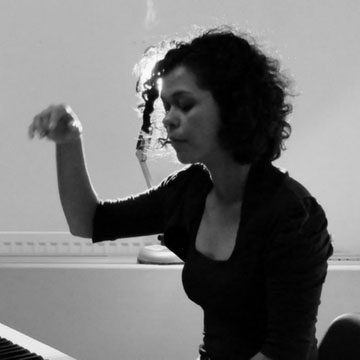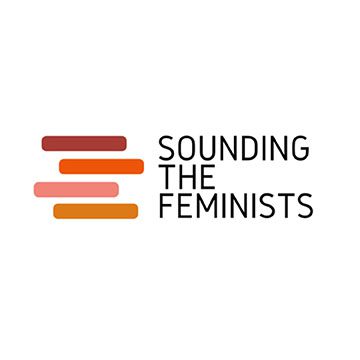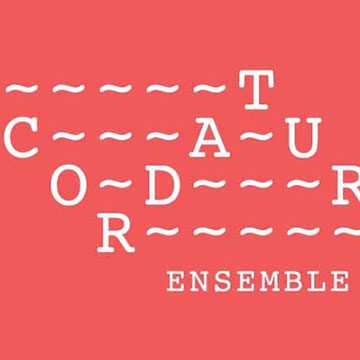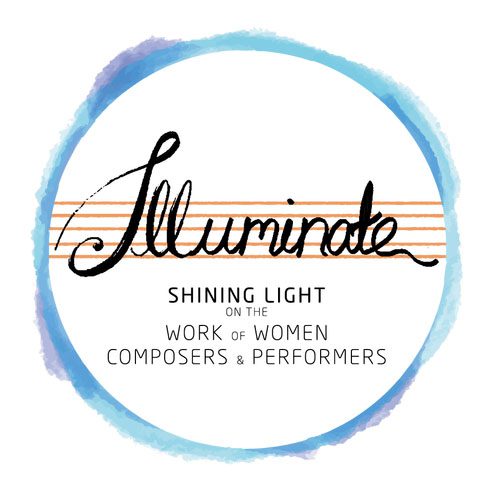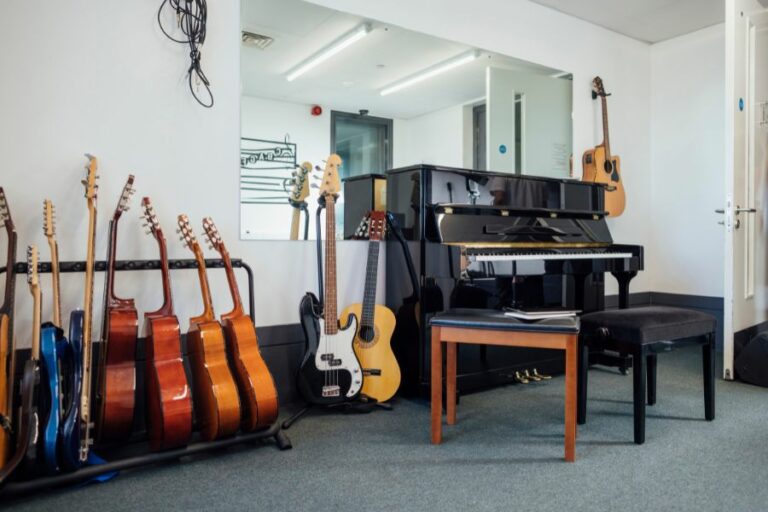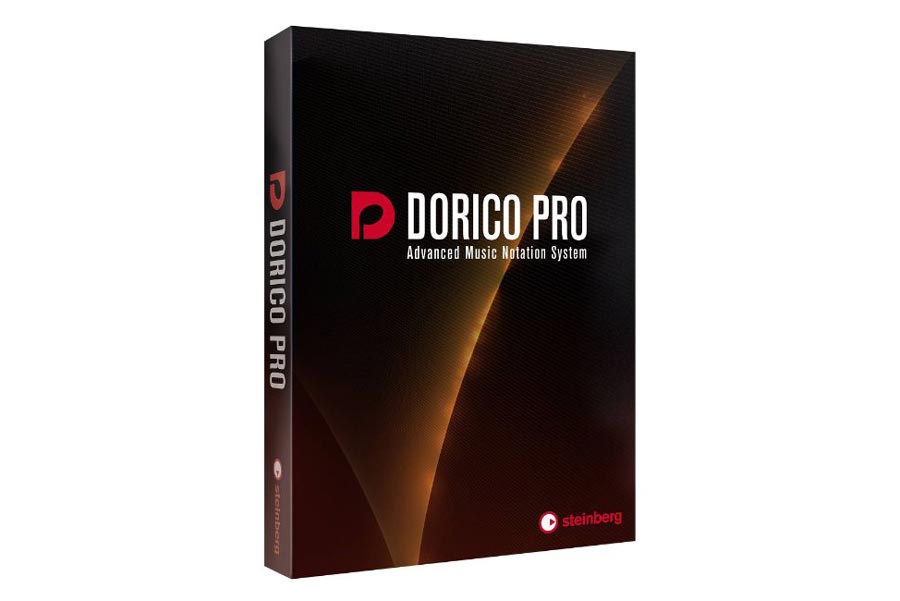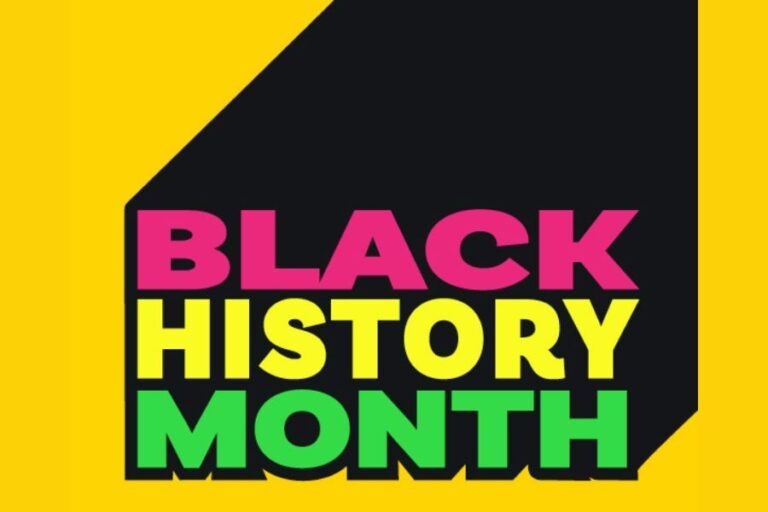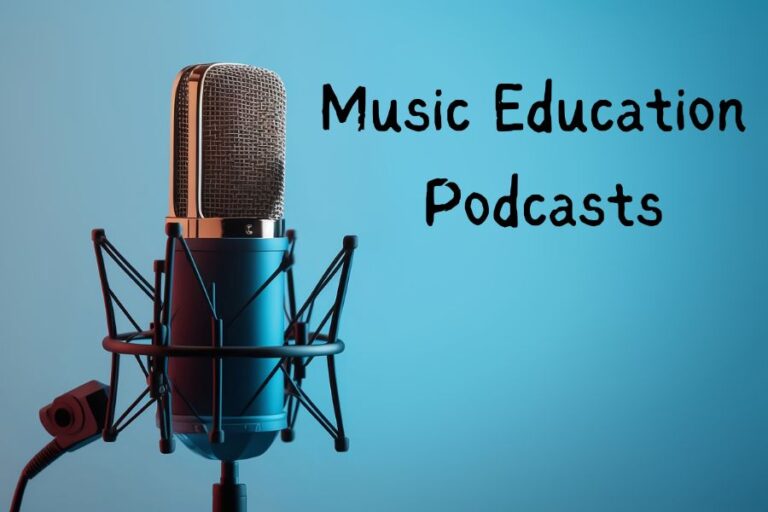Angela Elizabeth Slater is a UK-based composer. She is also the founder of the Illuminate series which promotes women’s music. In her AHRC-funded PhD at Nottingham, Angela developed an interest in musically mapping different aspects of the natural world into the fabric of her music. Angela enjoys working with professional and amateur musicians with equal enthusiasm. Highlights include the Atea Wind Quintet, BSO, Bozzini Quartet, Assembly project, Aurea Quartet, BBC Singers, and Psappha, amongst others. Last year she participated in the Britten-Pears Young Artists Composers’ Course 2017, where she worked with Oliver Knussen, Colin Matthews and Michael Gandolfi. Angela has recently become a 2018 Mendelssohn Scholar and will continue her studies with Michael Gandolfi at The New England Conservatory later this year.
I caught up with Angela to find out about her inspiration as a composer, her (many!) musical achievements, and flying the flag for women in music…
Firstly, can you tell us about your journey as a musician and how you became interested in composition?
Thinking back to my childhood I can’t really remember a time when I didn’t know about music. Even before I was at an age where I could have piano lessons I was always drawn to play on the piano and create my own sounds. Composition for me was a very natural activity that was part of my musical identity, even at this early age.
I mainly learnt music through piano and flute lessons, but also developed an instinct for the connection of movement, breath and gesture through having ballet lessons. Later I would write little pastiche type pieces, which then transformed into pop-songs in my teenage years. These then merged back to classical music (though now in a new direction), while I was studying for my degree.
Your PhD had an emphasis on incorporating sounds from nature in musical composition. How were you inspired to pursue this area of focus?
It was a very logical choice for me to explore the natural world as this was something I was already doing in some of my pieces. It came from a love for the outdoors from my childhood and a desire to feel connected to this through my art.
The compositions I wrote for my PhD, and many since, have been inspired by the natural world. They incorporate ideas or concepts from the natural world in the fabric of the musical material or affect the structure of the piece. My music is less about trying to represent or include actual sounds from the natural world but more about exploring patterns and structures and using these as the basis for a piece.
Within the broader theme of the natural world I have often found myself writing a number of works related more closely to a specific sub-theme. For example, I have recently written a number of pieces to do with space particularly focusing on eclipses, the sun, moon and stars. These are Veiling of the Sun for string quartet, As the Moon Runs Red for solo trumpet, Sun Catcher for wind quintet and The Moon is Falling for violin and guitar.
How did you then represent these sounds in your work?
Of course, it is different for every piece depending on the concept and instrumentation of the piece. I usually find something within the natural world that can help me guide my musical material or the structure of the piece. For example, my piece, As the Moon Runs Red, for solo trumpet, is based on the theme of eclipse. Here, I explore the different timbres and colours that can be created by the trumpet through making extensive use of its various mutes through the lens of a lunar eclipse.
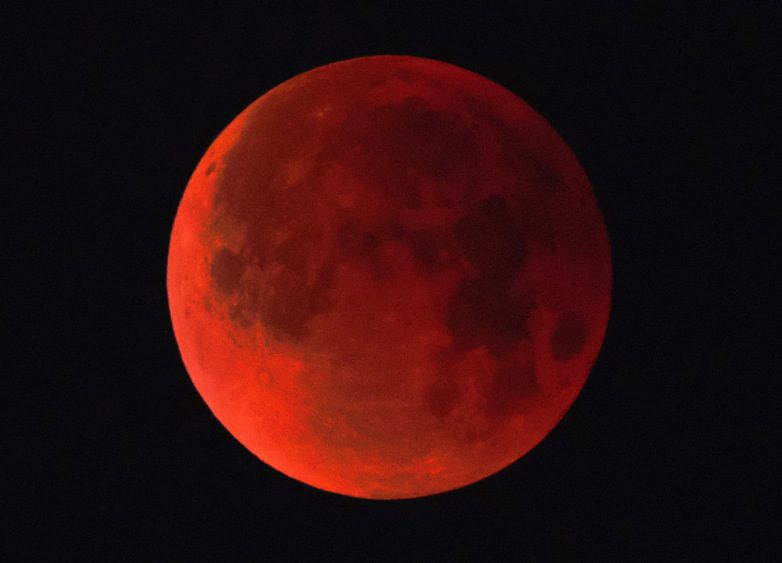
A lunar eclipse occurs when the Earth blocks the sun’s light from reaching the moon. As the moon passes behind the Earth the shortest light lengths of colours, such as violet and blue, are scattered across the Earth’s atmosphere, leaving only the longer wavelengths such as orange and red. This means the moon appears to go a deep red colour. This piece draws on this imagery by exploring the character and timbre of each colour before it is scattered away gradually building in intensity until only the violent red music is left to colour the moons surface.
In 2017 you founded Illuminate. Can you tell us a bit about what Illuminate is and does?
The classical music industry is notoriously imbalanced in its representation of women composers. I established the Illuminate project to highlight and celebrate the work and music of women composers and performers from the past and present. This year Illuminate is in the process of staging its first touring concert series across the UK, programming new music from living women composers such as: Gemma McGregor, Blair Boyd, Sarah Westwood, Carol J Jones and myself. They have written pieces drawing on the instrumental forces of performers Cassie Mathews (classical guitar), Sabina Virtosu (violin), Késia Decoté (piano) and Gemma McGregor (shakuhachi and flute).
Illuminate has been celebrating the music of women composers and bringing their music to a wide range of audiences across the UK. The concert series started in London at Goldsmiths University on International Women’s Day (8 March) and continued across the weekend and beyond, visiting Oxford, Stafford, Birmingham, Cardiff, Brighton, Liverpool, Nottingham before returning to London in late 2018.
Illuminate is also passionate about celebrating historical repertoire by women composers that has been all but forgotten and only programmed by a few dedicated performers. We have been programming works by Morfydd Owen (1891-1918), Lili Boulanger (1893-1918), Amy Beach (1867-1944), Grażyna Bacewicz (1909-1969), Louise Marie Simon (aka Claude Arrieu) (1903-1990), Hilda Jerea (1916-1980) and the more well-known Clara Schumann (1819-1896). This wonderfully rich repertoire is rarely heard by the broader concert-going audience, a legacy of the historic and cultural suppression of women’s music across the ages. This has led, in turn, to a lack of knowledge about these composers and also the music being more difficult to source than traditional repertoire from the canon. As a result, these composers tend not to be considered for programming and the cycle of cultural reproduction continues, where audiences know nothing of these composers’ existence.
In the build-up to our concerts (and beyond), we have hosted a series of in-depth blogs exploring the music of these women composers to help shed light on their lives and music. These blogs help to give a greater context and depth to these lesser-known figures and their music. Illuminate hopes that programming these women composers will allow their fantastic pieces to enter the personal canons of audience members and, eventually, be considered alongside those canonic works whose place in concert programmes seems safe.
Find out more on the Illuminate Women’s Music website.
Where do you hope Illuminate will be in 10 years’ time?
I hope that Illuminate will be a well-known and highly respected concert series, as well as a rich source of information on female composers, with a large portfolio of videos of womens music, and a place to purchase scores by contemporary and historical women composers.
Currently, there is a lot of dialogue on social media about works by female composers being absent or a rarity, in concert programmes. Have you come across any positive examples where orchestras / concert venues are taking steps to tackle this issue?
This is a huge issue and is not simply solved by a single solution. It first comes from our education system and the canon, which reinforce each other, bound together in a process of legitimisation. If women’s music and presence in the classical music world isn’t there, then its absence sends a strong message into the minds of young musicians. Omission is a powerful teacher!
How are classical musicians and audiences meant to know and appreciate the music of femalecomposers if they are never given the opportunity to explore the music in their education? How do we expect budding women composers to have the confidence to go forward with their music if they are not given any examples or role models in their education? This is a topic I explored in depth in a recent conference paper entitled ‘Invisible canons: a personal canon of women composers’, where I discussed the notion that the only women composers with whom I came into contact as I developed my musical skills were those described as ‘education composers’. In my younger years it never occurred to me that I could be a composer of classical music, but it also never occurred to me when I did start composing seriously that I couldn’t be one either! It was only through my own interests in the natural world that I started to discover a huge body of women composers and their repertoire, and began to create my own personal canon.
There are a number of initiatives trying to readdress the balance such as Illuminate project, Sounding the Feminist, HERA, Scordatura, to name but a few. Some music major festivals such as the BBC Proms, Cheltenham Music festival, and Aldeburgh (amongst others) have signed up to 50/50 commissioning and programming of works by living composers by 2020. This begins to go in the right direction, but does nothing to solve the neglect that is shown to wealth of works by historical women composers.
For this problem to be resolved fully, larger classical music institutions need to start actively seeking out, programming and valuing music by women from all eras and educating their audiences about this lesser-known repertoire. If these organisations cannot self-monitor these things themselves then I think the use of quotas is a useful one for the short term.
Congratulations on being awarded a 2018 Mendelssohn Scholarship! What will this involve?
I am still in shock about being awarded the 2018 Mendelssohn Scholarship and I am very excited about what it will allow me to do! I am planning to study in Boston at the New England Conservatory with composer Michael Gandolfi, whom I first met while his was a visiting tutor for the Britten-Pears Young Composers course in 2017. Here he began to teach me some fascinating ways of thinking about and approaching harmony in the context of contemporary music, and we will continue these studies in a more formalised way. Coincidentally I am also having the world premiere of my orchestral piece Roil in Stillness in Boston in April 2019 by the New England Philharmonic, so I have exciting times ahead across the pond!
And finally, what tips would you give to any school student considering a career in music?
- Try to expose yourself to as much different music as possible, begin to work out what you like and why.
- When being taught the history of music or about different genres try to always think critically and don’t always accept what is being presented to you as the full picture. Remember music repertoire is more than the canon – seek out exciting ‘unfound’ works.
- Don’t label yourself too early – make sure you take opportunities when they arise to conduct, perform, compose or even organise the concert and programme.
- If you don’t consider yourself a composer, take on a challenge and give it a go. Some performers have accidently come to composition and found they love it and have a great instinct for it. If not, then it’s still a valuable experience and one that will give you a great appreciation for those that do compose, and for the music you play and listen to.
- Try to make contacts with professional musicians but also make sure to build up a network of musician friends around your own age. This will be invaluable for forming groups, practising conducting or composing with. Music making is good for you!
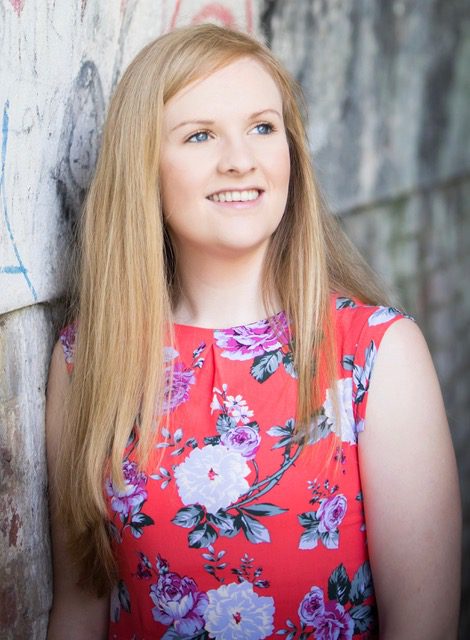
You can find out more about Angela Slater and listen to more of her works at: angelaslatercomposer.co.uk
